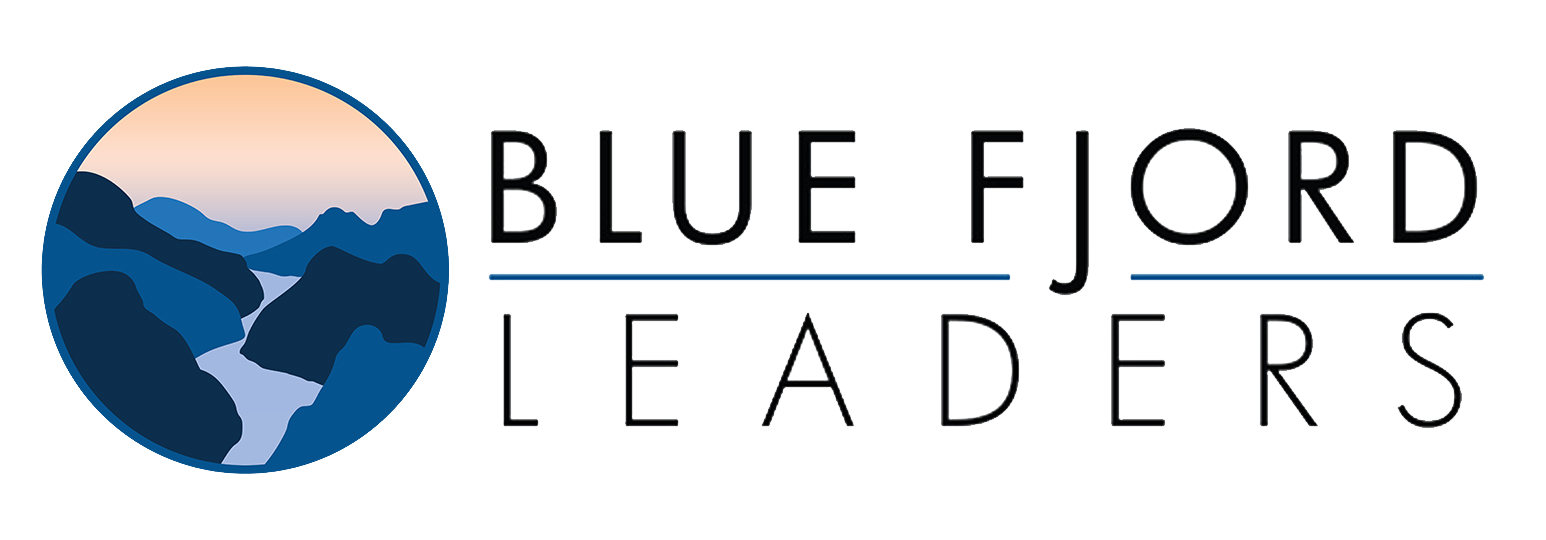 NO! Wham. NO! Wham. My partner, large pads strapped to her forearms, shouted her encouragement. My forearms hit the pads with as much force as I could muster. Wham. “NO!” I yelled as loudly as I could over the other shouted “Nos” in the room. The power of yelling “No!” and embodying the action was palpable and audible in the room.[1]
NO! Wham. NO! Wham. My partner, large pads strapped to her forearms, shouted her encouragement. My forearms hit the pads with as much force as I could muster. Wham. “NO!” I yelled as loudly as I could over the other shouted “Nos” in the room. The power of yelling “No!” and embodying the action was palpable and audible in the room.[1]
I was saying no, …make that, shouting no to all the yeses in my life that really need to be nos. Do you find yourself saying yes when the better choice is no? For those of us growing businesses, moving into management, moving from management to leadership, it is tempting to say yes at every turn. After all, we need to say yes in order to grow the business, to be seen as a leader, to take on more responsibility, right? I ask you this…at what cost?
The cost of saying yes may be in the form of your health, your relationships at home and at work, or your creativity. There are bodies of research showing that people with ground-breaking successes had plenty of down time, and frequently it was during the down time that new insights emerged. That wouldn’t have happened if they said yes to everything and everyone who tugged at their sleeve.
Consider these three areas to identify where you may benefit from the practice of saying no to yes.
- Do you have these people in your life and work? The people who need one more thing: help with their project; an additional report; a few more phone calls, an extra errand. Always one more thing.
- It seems there is a never ending supply of additional tasks that can be added to your to-do list. Perhaps in your business there is something that everyone says you have to do: more social media, outbound marketing, frequent networking events. Your to-do list is bursting at the seams but you say yes to another task anyway.
- Bad habits. This is the most debilitating way that we say yes. We all have habits and behaviors that are deeply ingrained and that don’t serve us such as the need for approval, the need for control, the need for agreement, or the need to say yes. It is essential to become aware of these tendencies because the happen quickly and easily. That’s why it’s a habit.
Pick one category of no to practice with. I use “practice” intentionally because that’s what it takes. You may find that one “no” hits more than one of the categories. For example, if a client approaches me and they are not a good fit, I practice noticing my habit. My habit is to please the client and satiate my urge to accept everyone in order to grow my business. However, if I say no to yes, I do not waste time where I can’t serve effectively; I don’t clog my day when it is better spent on appropriate clients or writing my book. Plus, I begin the process of breaking an unproductive habit. One “no” has a huge impact.
See if you can identify a yes that would best be a no. Create a practice around it. What will remind you to say no in the moment? A sticky note on the computer screen or a leaf that represents the park where you’ll go for creative time. Whatever it is, make sure the reminder is where you will easily see it when it counts. Then, when the next tempting yes comes along, say no…politely and calmly. No shouting, please. Save that for a training class or kickboxing.
[1] This was a carefully planned practice under the skilled, watchful eyes of instructors from the Strozzi Institute.





0 Comments